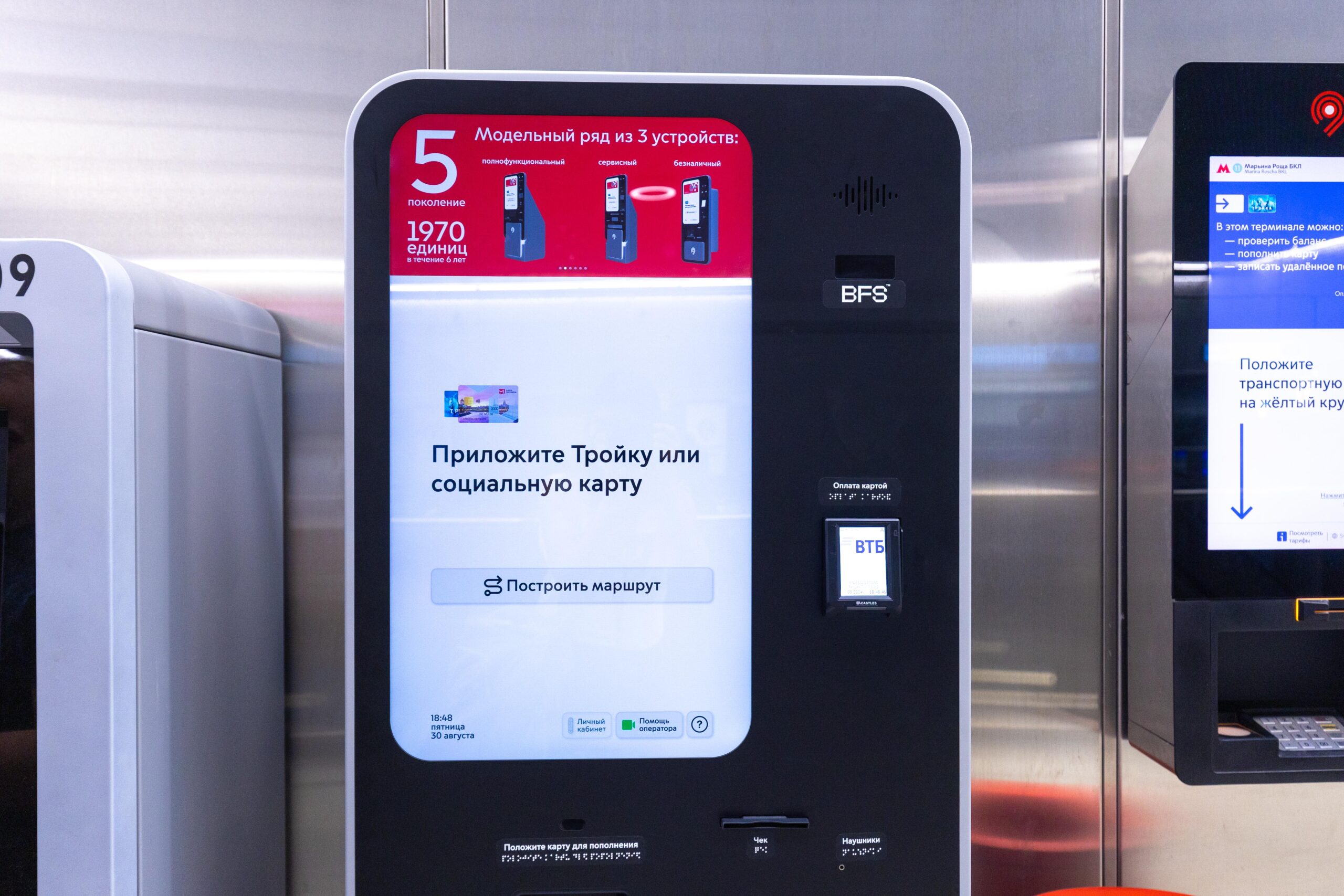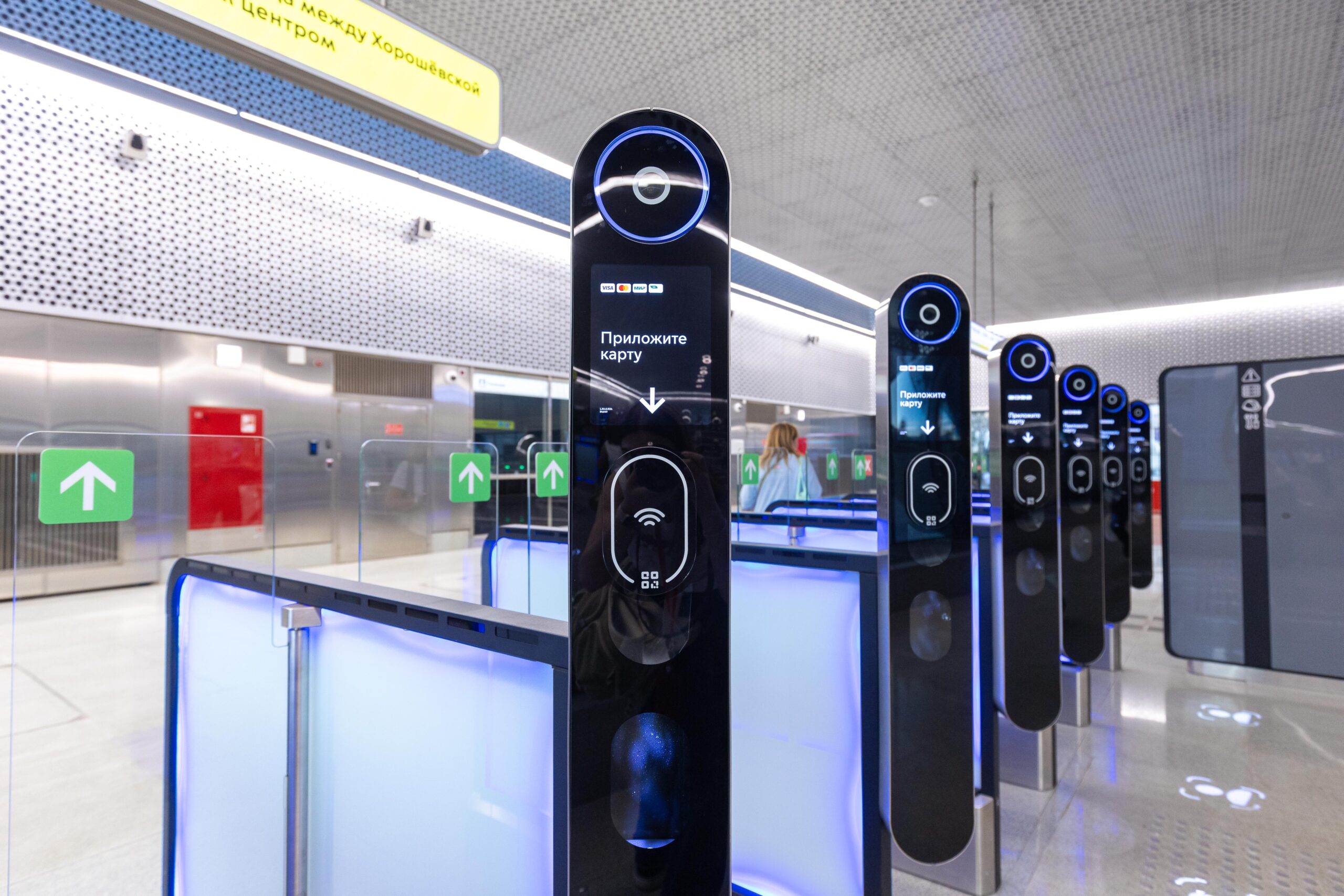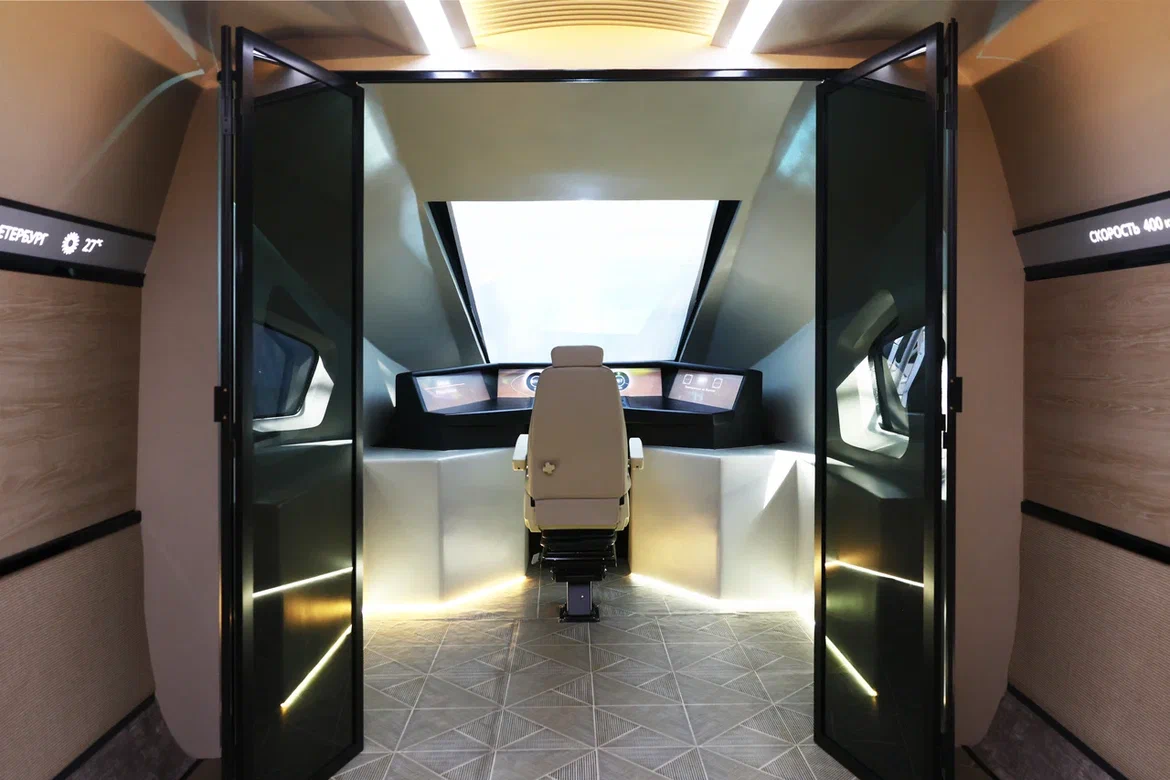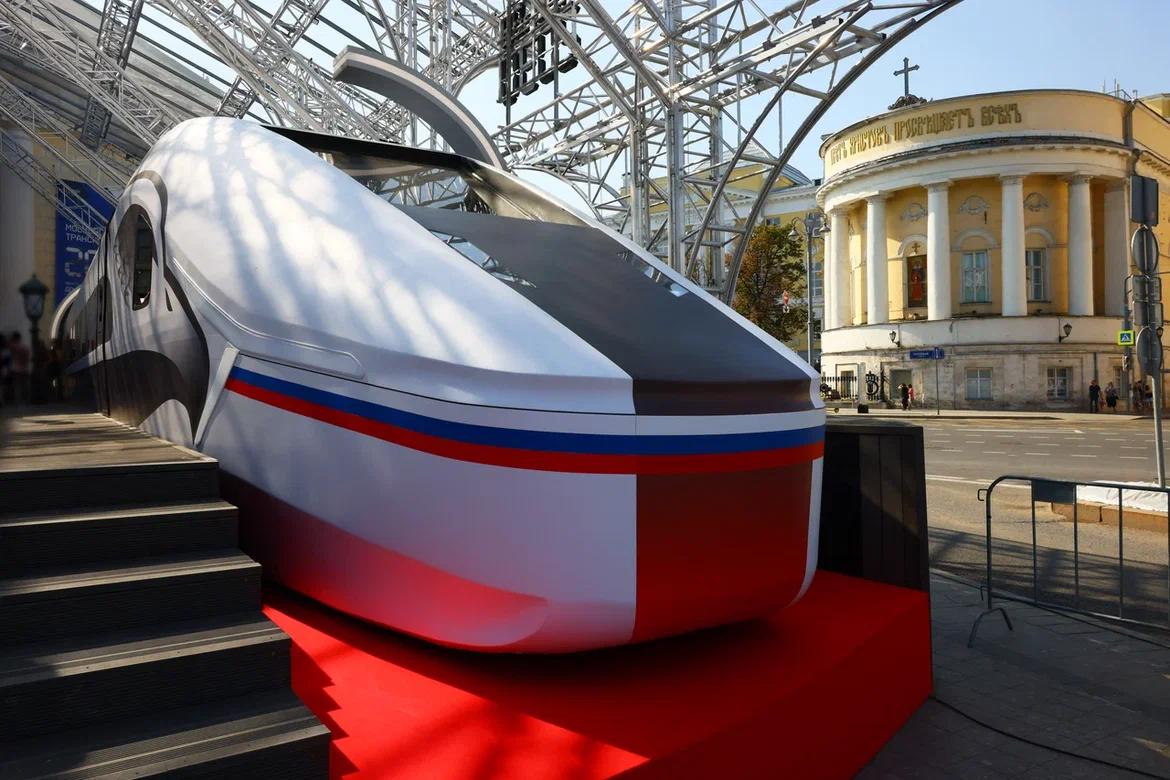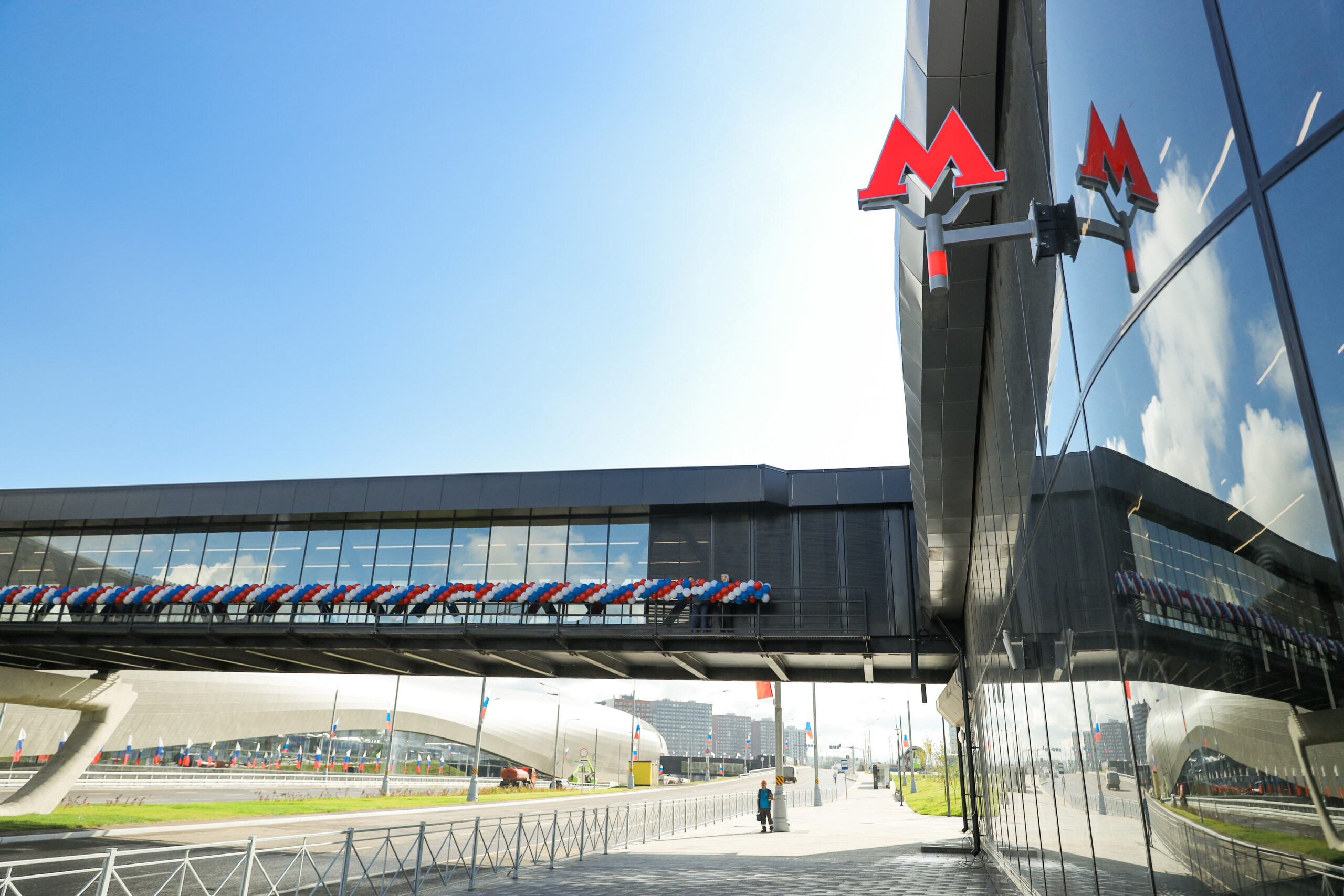Source: Moscow Metro
On September 5, the Mayor of Moscow, Sergey Sobyanin, inaugurated a new station on Line 1, named Potapovo. This station marks the ninth metro stop within the New Moscow area, aiming to enhance commuting convenience.
The station’s standout features include being the first heated above-ground metro station and boasting a futuristic design. The introduction of Potapovo station brings several benefits to the area.
Key advantages include:
- Accelerated travel to various social facilities, educational institutions, and the Big Circle Line. For example, travel to the Prospect Vernadskogo station on the Big Circle Line is now 2.5 times faster.
- Daily travel time savings of up to 40 minutes for passengers.
- Improved accessibility for nearby residential complexes, affecting 50,000 Muscovites who now have a metro within walking distance.
- Up to a 25% reduction in congestion at the Buninskaya Alleya, Tepliy Stan, and Novomoskovskaya stations.
- A 10% decrease in traffic on Kaluzhskoe Highway.
With the opening of Potapovo, over 200,000 residents of Kommunarka and surrounding areas now have access to new convenient routes. By 2030, the TiNAO (New Moscow) area is expected to have 27 rail transit stations, including MCD. This development follows Mayor Sobyanin’s efforts to enhance TiNAO’s transport infrastructure, – said Deputy Mayor for Transport Maksim Liksutov.
The city’s first heated above-ground station is located along the Solntsevo-Butovo-Varshavskoe highway corridor, near the intersection with Alexandra Monakhova Street.
The last decade has been transformative for Line 1, the oldest in the Moscow Metro, inaugurated in 1935. While it had only 19 stations before 2014, it now comprises 27 active stations. The extension of the so-called red line into new city territories stands as a significant milestone in Moscow’s metro development program.
Looking ahead, the introduction of the new Stolbovo electric depot is planned, which is expected to double the train frequency on the southern radius of the line.
